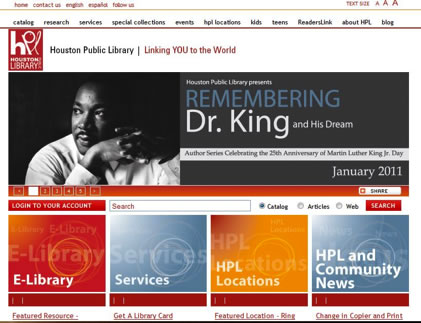Gathering Sources
Secondary sources
After you have created your working thesis, you will need to decide what kind of research you will need. Most research papers rely mostly or completely on secondary sources. Secondary sources are those you research that have been written about someone else’s studies, experiments, or observations. Secondary research may also be experiences reported by others that you are borrowing for your research. When the study, experiment, observation, or event occurred, and the person experiencing it wrote about it— that’s a primary source. For example, if I were a witness in 1901 when Spindletop started producing 100,000 barrels of oil a day and I later wrote about the experience, then my writing could serve as a primary source for someone who might research early oil production in Texas and write about it. That text, when it was published, would then become a secondary source for others who might also be researching early oil production in Texas.
Let’s look at our working thesis: “We can reduce water contamination by examining local wastewater disposal policies.” We will need to physically go to the library or visit it online to search for books and articles about water contamination and community wastewater disposal policies. Suppose our first database search lists ten articles about water contamination. We might think these are all the sources we need, but it is likely that we will skim them and discover that only three of the articles discuss wastewater policies. We will need to do more research. We can also search the Internet for reports by governmental agencies such as the Environmental Protection Agency or by non-profit groups such as the Sierra Club. Specific instructions on how to find sources can be found in the lessons “Exploring a Research Topic and Identifying Relevant Sources” and “Using Databases, Electronic Sources, and Print Sources.”

Source: Victoria Public Library in Victoria TX, Texas State Library and Archives Commission, Flickr

Source: Houston Public Library webpage, Houston Public Library, www.houstonlibrary.org
Primary sources
If we use primary sources, we conduct a survey, an interview, an experiment, or record our own observations. If you decide to use primary sources, you need to plan this as soon as you create the working thesis. You will need to draft survey or interview questions and contact subjects for interviews or surveys, and this takes time. More information about primary sources can be found in the lesson “Exploring a Research Topic and Identifying Relevant Sources.”
The next section is all about creating a working bibliography of your research.